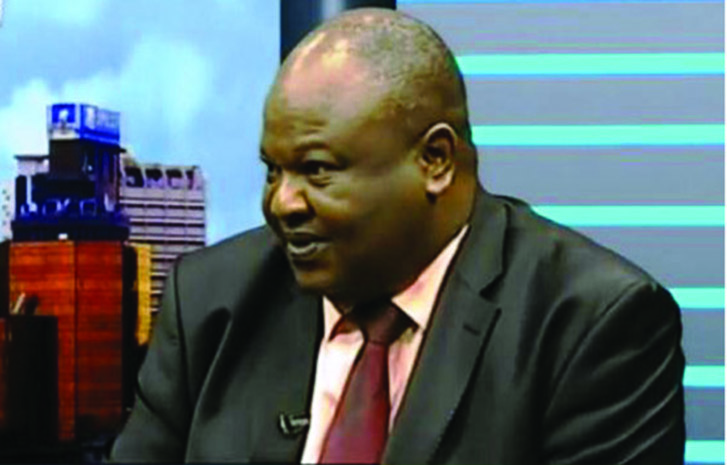Ayo Teriba, a leading economist and chief executive officer of Economic Associates, has canvassed for a vigorous privatisation of the country’s sectors to provide the needed liquidity and open up the economy for growth.
He disclosed this recently while presenting a paper titled: Macro-economic Role of privatisation on the Nigerian Economy at a one-day orientation programme for members of the Stakeholders Engagement Committee (SEC) of the National Council on Privatisation (NCP) held in Abuja.
Teriba explained that illiquidity is one of the country’s main challenges, which a macro-economic approach to privatization could provide.
“Privatisation is the tool which most countries use to check their liquidity issue and beef up the economy,” he said, adding that Nigeria can do same by privatising some of her key sectors.
“To solve Nigeria’s liquidity problem, she needs foreign exchange inflow. Nigeria’s annual export revenue has been halved, he pointed out, saying that in Nigeria most economic challenges are symptoms of the illiquidity, adding that recession, which the country just exited was a reflection of liquidity shortage.
He stressed that privatisation is now the trend the world over; and cited Saudi Arabia and India, which plan to privatise some of their critical sectors to raise funds to develop their countries.
He specifically cited Saudi Arabia’s plans to raise about $200 billion through the privatisation of 16 sectors ranging from healthcare, airports to education.
The renowned economist noted that the federal government ownership of vast amounts of idle but valuable land and buildings means vast asset-conversion headroom.
“There is huge headroom for unlocking liquidity from state-owned assets to meet shortfalls. Nigeria’s massive non-financial assets are convertible into financial buffers. Saudi is exploiting this avenue to shore up its financial buffers with US$200 billion headroom. Nigeria can do much more than that, as we have much more non-financial buffers than Saudi,” he said.
He gave the options for Nigeria unlocking resources in a post-boom economy to include the 238 aging and uneconomic prisons; and the aging and uneconomic barracks across the country which could be leased to individuals to develop for economic value, citing India which has taken advantage of such venture.
Teriba said the Nigerian economy has gone from boom to bust, thus, dealing with shortfalls in reserves and prices of oil, which Nigeria needs to work out a methodology to deal with the shortfalls.
He maintained that privatisation places a huge role to deal with the shortfalls and noted that the shortfalls are not temporary but permanent and that “it is better to deal with equity which is a permanent solution”, urging Nigeria to look at equity instead of going to other parties to borrow money.
“Nigeria has a huge headroom to go for equity and should think of getting her own money and not relying on others” he stated. He gave an example of how private investors are earning handsomely in the Nigeria Liquefied Natural Gas (NLNG) and paying the country well.
The Economist called for the privatisation of the Transmission Company of Nigeria (TCN) as the answer for the country’s economic development, stressing that the budget and expenditure of the Federal Government were shrinking and that “you don’t get saved by cyclical swings but buffers”.



